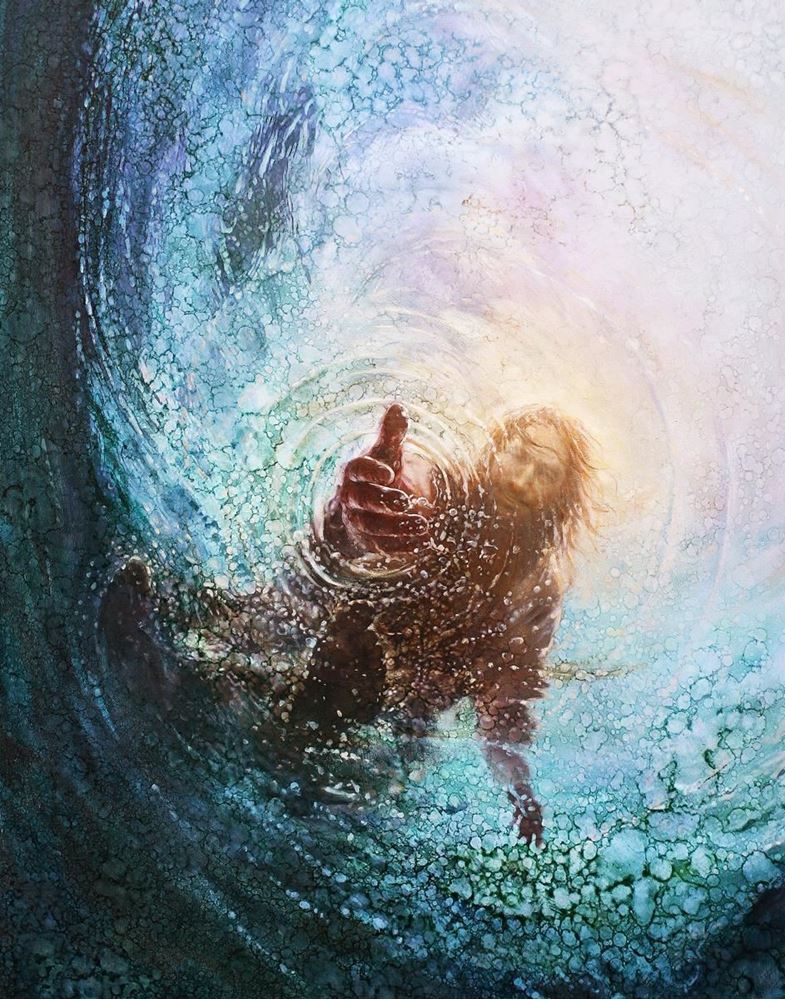When your world seems to be covered in water, what is the landscape of life? When you feel like you are unmoored, what is your course direction? These questions are invoked by parshat Noah – finding our way when feeling abandoned.
God instructs Noah to build the ark and populate it with animals. The flood waters cover the world in 40 days. Noah is at sea – literally and figuratively.
It takes forty days for the world to flood, but there’s more. Another 150 days pass. Then, God remembers Noah (Genesis 8:1). Does Torah mean to tell us that God had forgotten about Noah for 190 days? Perhaps the God of all universes had a few other planetary systems that required God’s attention.
Without communication from the One who sent him sailing, Noah might have felt despair. The world was flooded, food supplies were limited, and not a word from God. Were I Noah, I would have lost hope wondering why God left me adrift.
Like any blockbuster disaster movie, the flood survivors eventually reach safety. The movie may end but the psychological pain remains.
Abandonment is the aftermath of trauma characterized by the absence of understanding or faith. Abandonment is existential pain, not a sharp jab but a slow strangulation. The sensation of abandonment may begin with loneliness. Without healthy family relationships and an uneasy relationship with God, perhaps Noah suffers from existential loneliness that begets the trauma of abandonment. No wonder upon leaving the ark, he plants a vineyard and gets drunk as soon as possible.
One purported antidote for a sense of abandonment is the core of Psalm 23, read commonly at funerals, when we are likely to feel lost. The Psalmist tells how his faith overcame a sense of being deserted. “The Lord is my shepherd . . . I will fear no evil for You are with me!” Even in the valley of the shadow of death! But in the valley, you have your bearings. With feet on dry ground, the world is yet offering a passageway. What about when you feel at sea, lost without any sense of direction or destination?
There is always prayer. I wonder if prayer changes God into a helpline to call when you in trouble. But what if God is not answering or the answer is no?
I’d like to offer another alternative. No shoreline was in sight but Noah’s family was in view. Companionship and deep relationships are also antidotes to feelings of abandonment. It seems that loneliness is now considered a chronic condition, as dangerous as smoking something like a pack of cigarettes a day. So kick the loneliness habit. Make developing relationships a daily requisite.
When grounded, we can find our way by geographic markers. When feeling at sea, finding our way back from a sense of abandonment is more challenging. The gps we need comes from the relationships we nourish with the people in our lives. They can be our prevailing winds and steering currents. Before you find yourself boarding that ship that heads nowhere, imagine whom you want with you for the ride. Nurture those relationships before the day of embarkation arrives. The cruise may never happen, but the connections will make for a healthier, happier life.
Rabbi Evan J. Krame





